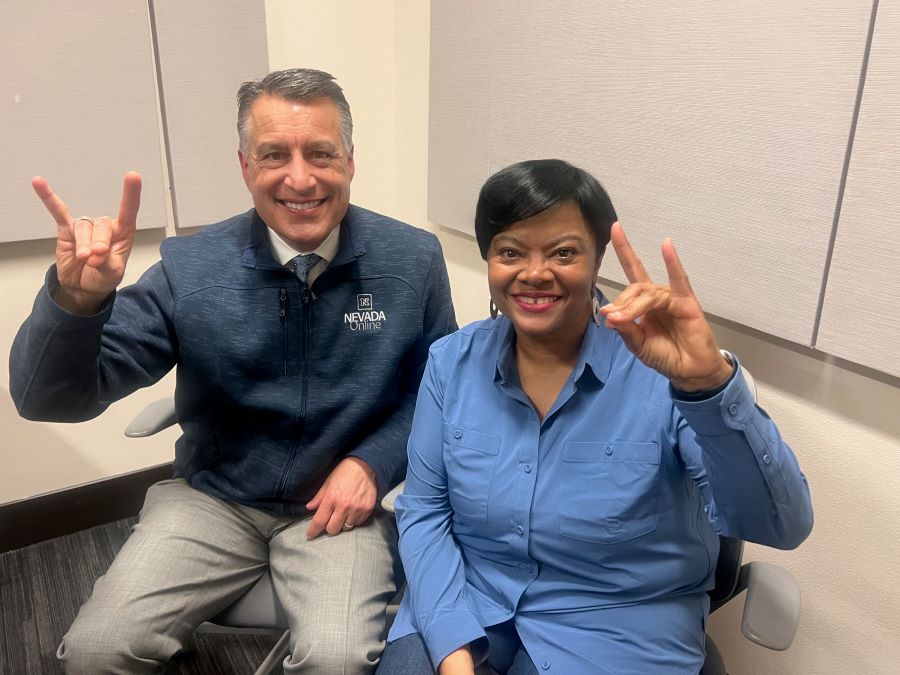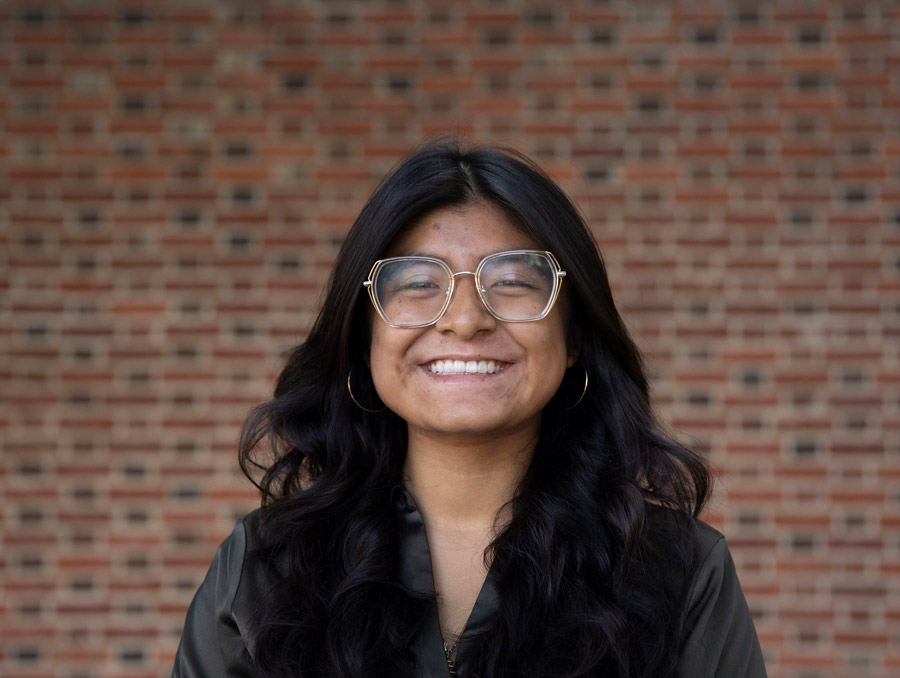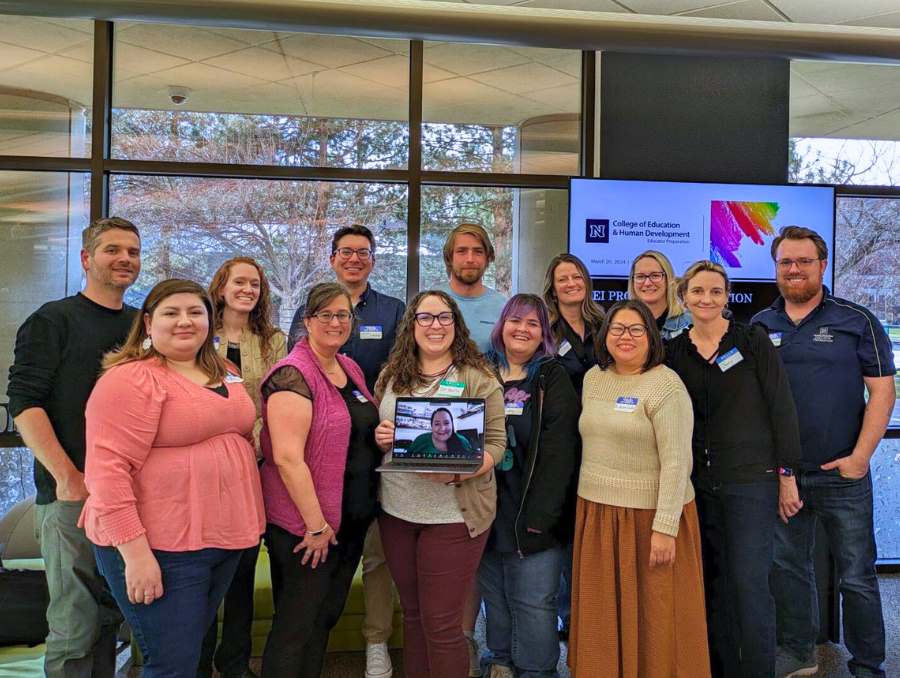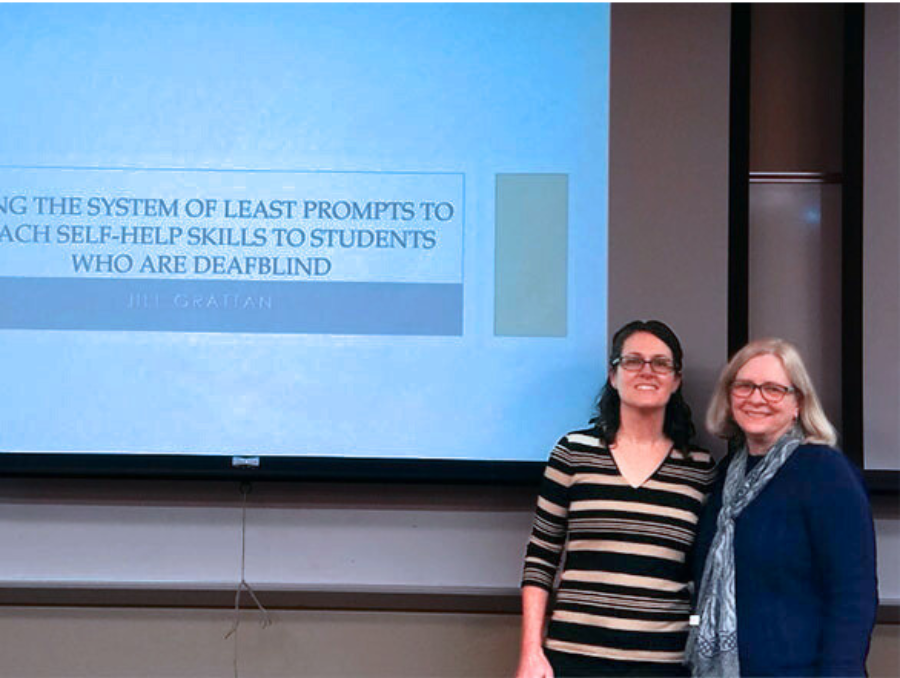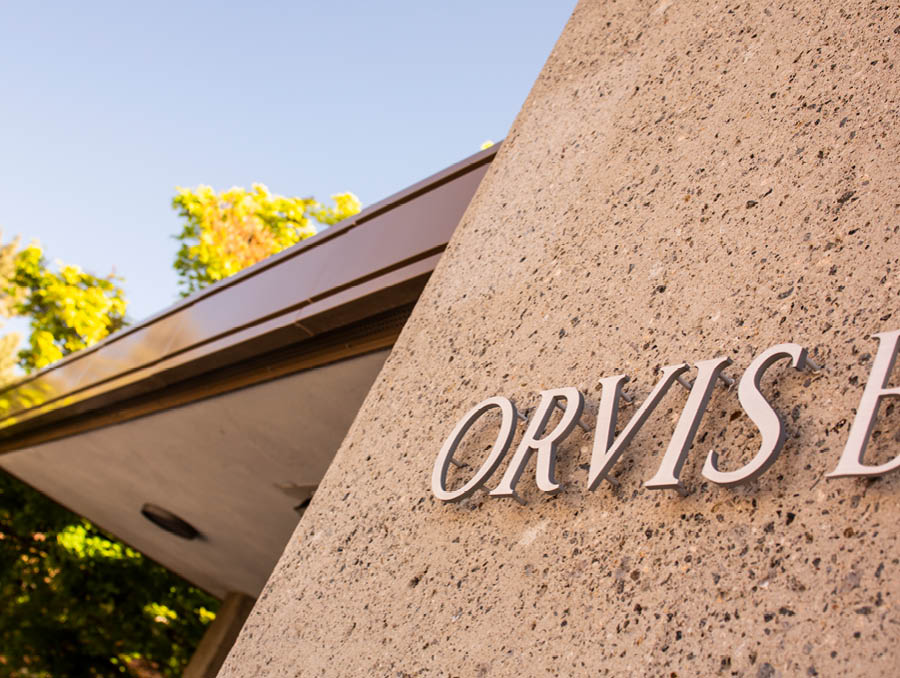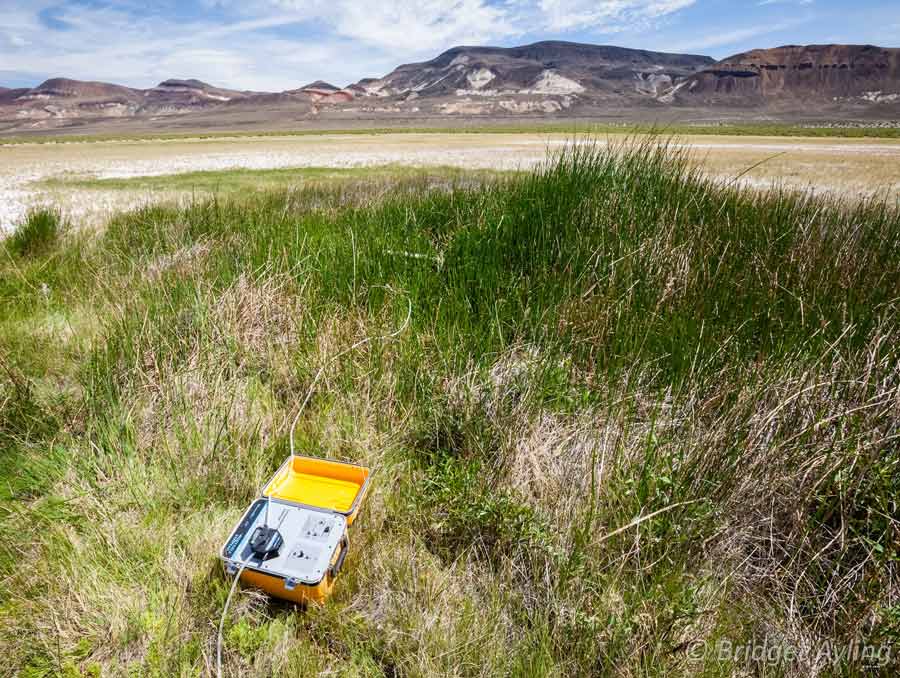This week, some of the top experts in teaching mathematics from around the globe will convene at the Peppermill Resort in Reno to share their research on teaching mathematics. The group is called the International Group for the Psychology of Mathematics Education.
More than 500 professors and researchers will present 350 peer-reviewed studies, sharing their research with one another all in the name of "making a difference in the field, finding new and better ways to teach math to students around the world," according to Conference Chair Teruni Lamberg, associate professor at the University of Nevada, Reno College of Education.
The group's name may be puzzling to some at first. What does psychology have to do with math education? According to Lamberg, math education is very interdisciplinary.
"There are so many aspects to look at when we are trying to improve our ability to teach math," she said. "How does thinking work? How does learning happen? What things support learning? How do social factors impact learning?"
Lamberg says that challenges such as addressing core standards, teaching critical thinking, and having students at various levels in the same classroom are not just challenges Nevada teachers are facing, but rather, they are global issues.
"We are all struggling with many of the same issues," she said. "That is why this is such a great opportunity for us all to share our research, so that we can continually change and improve what we are doing, and employ the newest, best methods being found around the world."
Lamberg said that although the gathering at Reno's Peppermill Resort Oct. 20 - 23 is officially the 33rd Annual Conference of the group's North American Chapter, there are attendees and presenters from non-North American countries as well, including Australia, the United Kingdom, Israel, Taiwan, Korea and others.
Lamberg's colleague in the College of Education, Professor Lynda Wiest, is co-chairing the conference, and the two of them, along with a handful of their graduate students, will also be presenting at the conference. Their research relates to K-8 teaching of mathematics in Nevada and the impacts of lesson planning.
Lamberg has written a book showcasing math teaching methods used by five Nevada elementary school teachers who she observed in their classrooms. "Whole Class Mathematics Discussions: Improving In-Depth Mathematical Thinking and Learning," will be published next March.
This is the second time that Lamberg has chaired the conference in the past five years, chairing it in 2007 at Lake Tahoe. Although it is very time consuming, she said it is worth the extra effort because she is able to invite K-12 math educators and curriculum leaders from across the state, and the opportunity to share research from around the world is invaluable.
"People think we are isolated, but we are part of an international network of scholars," she said. "We are keeping in touch with what is going on internationally. When we are teaching, we aren't just doing what we think is best. We are using the newest, best methods being found around the world."
More information on the self-funded conference and a complete conference schedule.





